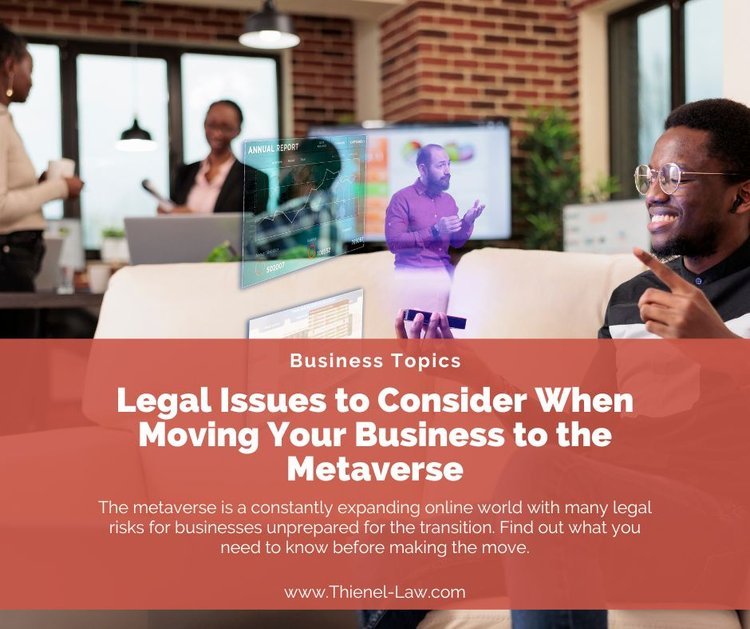Business is Changing | The New Normal After Covid-19
The COVID-19 pandemic changed the way people do business. Companies across the United States and the world had to learn overnight how to keep their employees and customers safe while continuing to provide the goods and services that keep them in business. We learned that many tasks can get performed outside of the traditional office setting. Supply and distribution chains stumbled, then gradually improved in fits and starts.
Companies had to figure out how to stay in business during many long months of disruptions, restrictions, massive illness and deaths, and political and social upheaval. Very few people expect things to magically return to “business as normal” when the COVID-19 pandemic ends.
Just as the September 11 attacks forever changed air travel, most people anticipate the pandemic will force us to adapt to a different way of doing business. Business is changing, and there will likely be a “new normal” after COVID-19.
Now, more than ever, it is essential for companies to confer with their lawyers and other professional advisors to plan the path forward. Whether you are a start-up, a family-owned business, or a large corporation, a Maryland business lawyer can help you get ready for the new chapter.
Data Matters
When the traditional office setting got stripped away, business leaders had to rely on data, rather than social interaction, to evaluate their companies and decide what to do next. Soon, many business owners will likely look at the hard numbers and make better-informed decisions.
It is easy to get caught up in the social aspects of work when everyone is in the office. Committee meetings, business lunches, service club gatherings, and public appearance can erode an executive’s available work hours. In that situation, the businessperson is more likely to assume the company is doing fine, rather than digging into the data.
“It is easy for the pendulum to swing too far with remote meetings, to where these meetings make people less productive. ”
Savvy Use of Technology Can Increase Efficiency
We all saw how the use of Zoom, Uber Conference, and other group or meeting apps exploded during the pandemic. Businesses discovered how much company time used to get wasted on the logistics of physically getting everyone into one room for a meeting. Having remote meetings can save companies significant time and travel expenses.
It is easy for the pendulum to swing too far with remote meetings, to where these meetings make people less productive. Some managers felt uncomfortable working remotely, so they scheduled far more meetings than they used to when everyone worked in the physical office. Workers found it hard to get “real work” done because of so many remote meetings.
Rapid Decision-Making for Executives
Organizational learning benefitted from the pandemic because executives had to suddenly up their game on how quickly they make decisions for their companies. The old-school methodology of slow, multi-stage decision-making processes had kept corporations from being nimble.
For decades, countless workers complained they had to waste much of their time in unproductive meetings where nothing got resolved. Companies sent issues to one committee after another. Matters got bounced from one month’s meeting agenda to another. By the time issues would get addressed, the business opportunity had passed.
Executives cut through the bureaucracy of decision-making processes during the pandemic and acted because they had to do so. The question is, what will happen going forward.
Businesses need to learn how to achieve a balance between executives being more efficient and action-oriented and the real danger of those in power becoming tyrants. Toxic work environments eventually cost the company big money in litigation expenses and judgments.
Although the pandemic has been stressful and tragic, every crisis is also an opportunity. Companies that make wise decisions and develop intelligent strategies now can survive the pandemic and thrive. A Maryland business lawyer can help you map out your company’s game plan for the “new normal.”
Related




